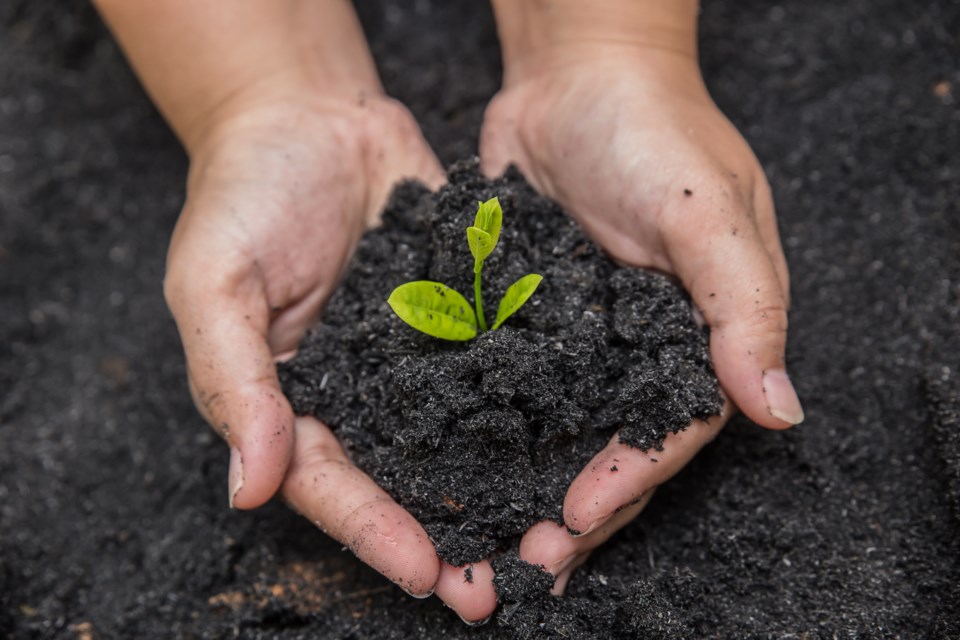Not so long ago, most of us had no idea our gut bacteria played any role in our health let alone a pivotal one. The same could be said about how we perceive soil. Backed by scientific discovery and the experience of holistic land practitioners, we’re just beginning to wake up to the massive importance of soil and the potential we have to manage it to our benefit. More and more farmers and ranchers are using methods like cover cropping, no-tillage, well-managed grazing, compost, and crop diversity and rotation in order to build soil health and thus its ability to store water and sequester carbon. This holistic approach is called regenerative agriculture because, in addition to not being harmful, it actually improves the state of the land we grow our food on.
Here’s what these land stewards understand: healthy food production absolutely depends on healthy soil. Yes, we do have soil-less technologies for plant propagation, but there’s no substitute for the role of living black earth in the functioning of ecosystems and maintaining land that can sustain us. Contact with soil even helps us develop hardy immune systems along with a diversity of those all-important gut bacteria, and successful food fermentation often relies on soil microorganisms being present on the fruit, vegetable, or grain.
The buzz around regenerative agriculture is well-founded - it has the potential to reverse some of the drastic topsoil loss we’ve seen due to intensive livestock and cultivation practices, to make far better use of our limited water, and to slow climate change by drawing down atmospheric carbon. With Cochrane’s farming and ranching heritage, we’re well-poised to be part of the solution in this regard.
The same respect for soil and dedication to rebuilding its health can easily extend to those of us living in town. We can borrow regenerative practices for our gardens such as utilizing perennials for food to avoid annual soil disturbance, covering exposed earth with a mulch or cover crop, using natural amendments like compost for fertility, and avoiding chemicals which damage soil life. Our yards are bits of land after all and we can steward them in the same ecological way we’d like to see our rural neighbours do. It’s simple reciprocity: we sustain the soil and it will sustain us.
Jackie Skrypnek is the president of Cultivate Cochrane. Cultivate Cochrane is dedicated to growing a resilient and connected community through food, innovation and lifestyle empowerment centered around a community greenhouse hub. More information and new resources at cultivatecochrane.com.




